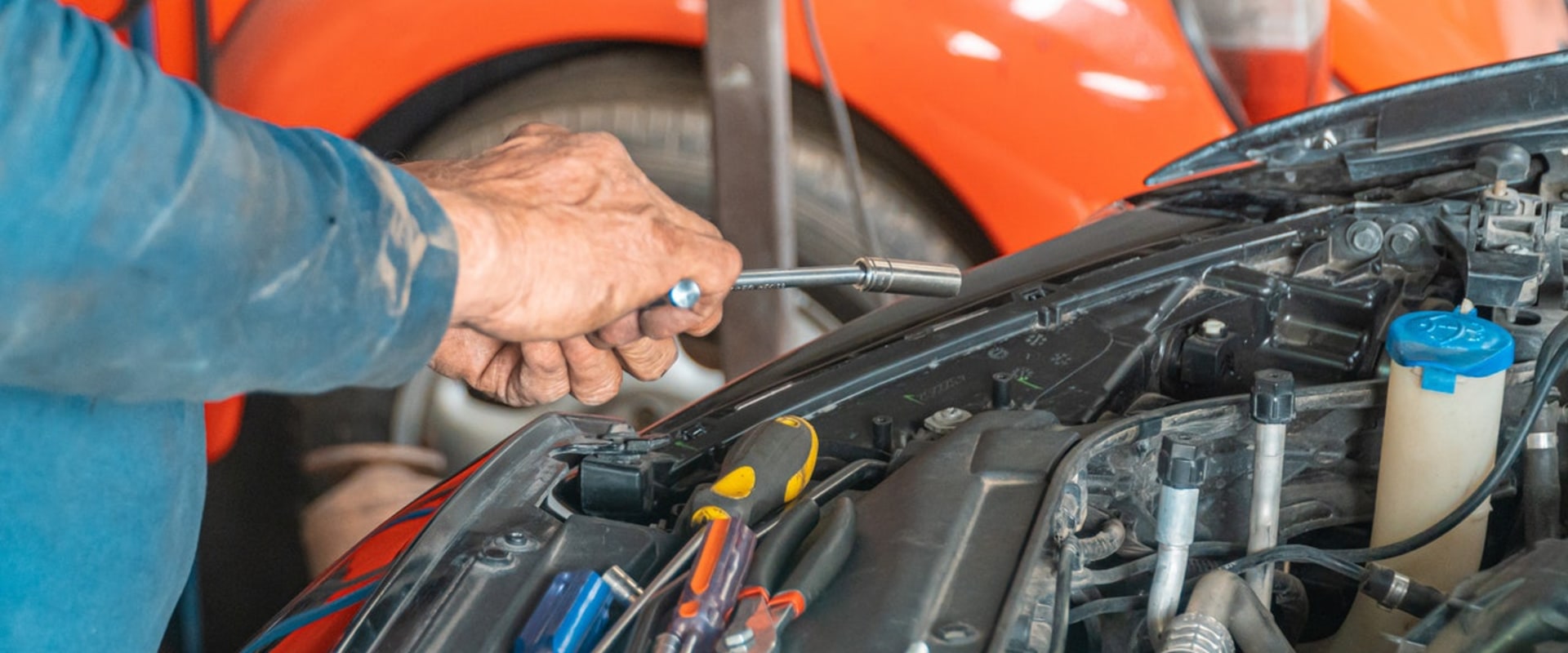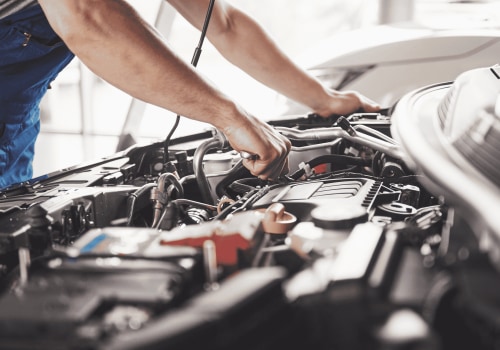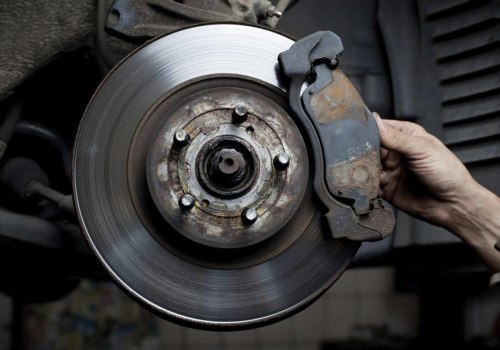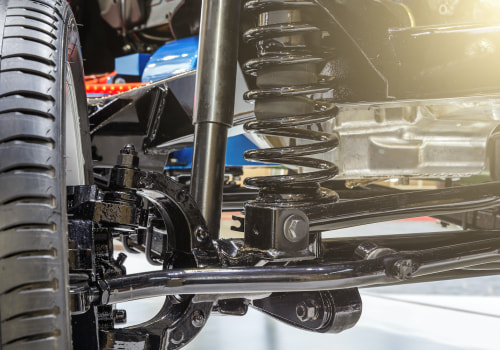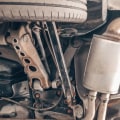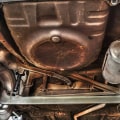One of the first signs that your car's cooling system may be having problems is when the temperature indicator on the dashboard rises to the red zone. As temperatures outside increase, it is common for car engines to heat up as well. High summer temperatures can cause radiators to boil and engine fluids to evaporate. The purpose of the cooling system is to regulate the engine temperature in order to save fuel, power, and component life, as well as keep passengers cool. To avoid a costly breakdown, watch out for the following warning signs: does the car's coolant light come on? Is the temperature gauge higher than normal? Is the heating not working? Is there a refrigerant leak? Is there low gas consumption? If you notice any of these issues, it is important to get your car repaired by an Auto Mechanic in Hanahan SC as soon as possible. Most vehicles need a cooling service every 100,000 miles, although some older vehicles may require service more frequently. During a cooling system service, an automotive technician will thoroughly inspect the radiator and engine cooling system to make sure everything is functioning properly.
The purpose of the cooling system is to regulate engine temperature in order to maximize fuel economy, power, and component life, as well as keep passengers cool. It is a circular system that takes antifreeze (also known as coolant) and moves it through the ducts of the engine block and the headers.
